Accountancy firms in the UK are required to comply with the Money Laundering, Terrorist Financing and Transfer of Funds (Information on the Payer) Regulations 2017 (MLRs). These regulations are designed to prevent criminals from using the financial system to launder money or finance
The Byzantine General’s Problem and Bitcoin: Unraveling the Foundations of Trust
In the world of cryptocurrencies, Bitcoin stands out as the pioneering digital currency that revolutionised the way we perceive and transact value. At the core of its success lies a fascinating concept known as the Byzantine General's Problem, which forms the foundation of Bitcoin's trust model. In
Expenses for Small Business: Reduce Tax and Boost Your Bottom Line
By understanding the types of expenses you can claim as deductions, you can effectively lower your taxable income and keep more money in your business's pocket. Office Expenses From office supplies and stationery to rent and utilities, a range of office-related expenses can be claimed. Whether
Unleashing the Power of Seth Godin’s Laws of Marketing
Introduction In the ever-evolving landscape of marketing, where strategies come and go, there are a few timeless principles that stand the test of time. Seth Godin, a renowned marketing guru and best-selling author, has made significant contributions to the field with his profound insights and
Brian Tracy’s 10 rules for success
Aim for excellence Don't settle for mediocrity. Set your sights high and strive to be the best that you can be. Set goals and priorities Know what you want to achieve and then prioritize your time and activities so that you can focus on the most important things. Take action No amount of planning or
Mileage Rates – What Can You Claim?
If you use your own personal car for business travel then you can claim mileage expenses back from your business at the rates set by the HMRC. The mileage rates allowable in the UK are set by HM Revenue and Customs (HMRC). For the 2023 tax year, the rates are: 45p per mile for the first 10,000
Personal Fitness Trainers – What Expenses Can You Claim?
An Overview Some statistics about personal fitness training in the UK: Allowable expenses for sole traders As a sole trader, you will incur many expenses in the course of running your business. Some of these expenses can be deducted from your taxable profits, which can help to reduce
Making Tax Digital for VAT: a guide to the penalties
Changes to VAT penalties and interest charges if you submit a VAT Return for an accounting period starting on or after 1 January 2023. For VAT accounting periods starting on or after 1 January 2023 there are new penalties for VAT Returns that are submitted late and VAT which is paid late. The way
Selling Residential Property in the UK: Capital Gains Tax
You may have to pay Capital Gains Tax if you make a profit (‘gain’) when you sell (or ‘dispose of’) property that’s not your home, for example: The amount of CGT you pay depends on your income and the amount of profit you make. The basic rate of CGT is 18%, the higher rate is 28%, and the
How To Write A Business Plan
Writing an effective business plan helps you in the following ways; Think through your business idea A business plan forces you to think through your business idea in a comprehensive and systematic way. This can help you identify potential problems and challenges before you launch your business. Set










